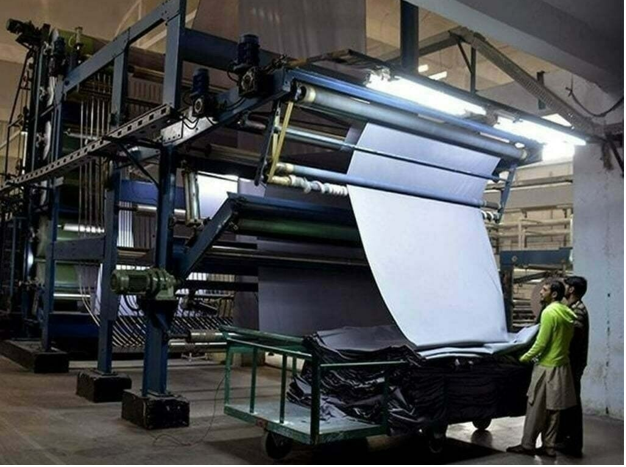آئی این پی ویلتھ پی کے
Moaaz Manzoor
The National Assembly’s Standing Committee on Commerce on Monday reviewed Pakistan’s trade with China, progress on free trade agreements, and SPS protocols, highlighting export opportunities and institutional reforms during its 16th meeting held at the Parliament House.

The meeting, chaired by Muhammad Jawed Hanif Khan, was attended by committee membersDr. Mirza Ikhtiar Baig, Ms. Tahira Aurangzeb, Mr. Gul Asghar Khan, Mr. Farhan Chishti, Mr. Ramesh Kumar Vankwani, Mr. Asad Alam Niazi, Ms. Kiran Haider, and Choudhary Iftikhar Nazir. Senior officials, including Additional Secretary Salman Mufti, DGTO Bilal Khan Pasha, Director General Shafiq Ahmed Shahzad, senior Commerce Ministry officers, and representatives of the Karachi Chamber of Commerce and Industry (KCCI), also participated.
The Committee received detailed briefings from the Ministry of Commerce on Pakistan-China trade, export facilitation initiatives, and licensing of district chambers. Members were informed that imports from China stood at $17 billion in 2024–25, while Pakistan’s exports totalled $2.7 billion. Several initiatives, including tariff concessions and facilitation measures, are underway to expand market access.
According to documents available to Wealth Pakistan, refined copper exports rose by $59.62 million to reach $792.62 million in 2024–25, rice exports increased by $52.14 million to $91.90 million, frozen fish exports grew by $21.76 million to $93.29 million, and nuts expanded by $12.20 million to $16.46 million. At the same time, exports of cotton yarn, chromium ores, unwrought aluminum, and petroleum products recorded notable declines.
Export composition was led by copper at 34%, cotton fabrics at 19%, and oilseeds at 11%, while imports were dominated by electrical machinery at 32%, followed by non-electric machinery, chemicals, iron and steel, and textiles.
The Ministry further informed the Committee that 15 SPS and TBT protocols have been signed under Phase III of the FTA with China, along with a list of 700 items for concessions. Initiatives such as the establishment of a Green Channel at Khunjerab are also under consideration. Members called for stronger accountability of trade officials posted abroad and greater participation in international platforms to showcase Pakistani products.
The Committee also reviewed Pakistan’s FTAs with Malaysia and Sri Lanka, as well as its participation in SAFTA. Under the Malaysia–Pakistan Closer Economic Partnership Agreement, exports of seafood, maize, and textiles recorded growth. The Pakistan–Sri Lanka FTA was highlighted for offering concessions on over 80% of tariff lines, while SAFTA’s tariff reduction commitments were acknowledged.
On domestic matters, the Committee settled the long-standing issue of KCCI, affirming it as the premier chamber while also allowing the establishment of new district chambers.
The case of the North Karachi Association of Trade and Industry (NKATI), whose license lapsed in 2019, was referred to the federal government for condonation. Members also called for the revival of SRO 760 and recommended the establishment of a regulatory authority for gemstones and jewelry, citing Bangladesh as a successful model.
Credit: INP-WealthPk








